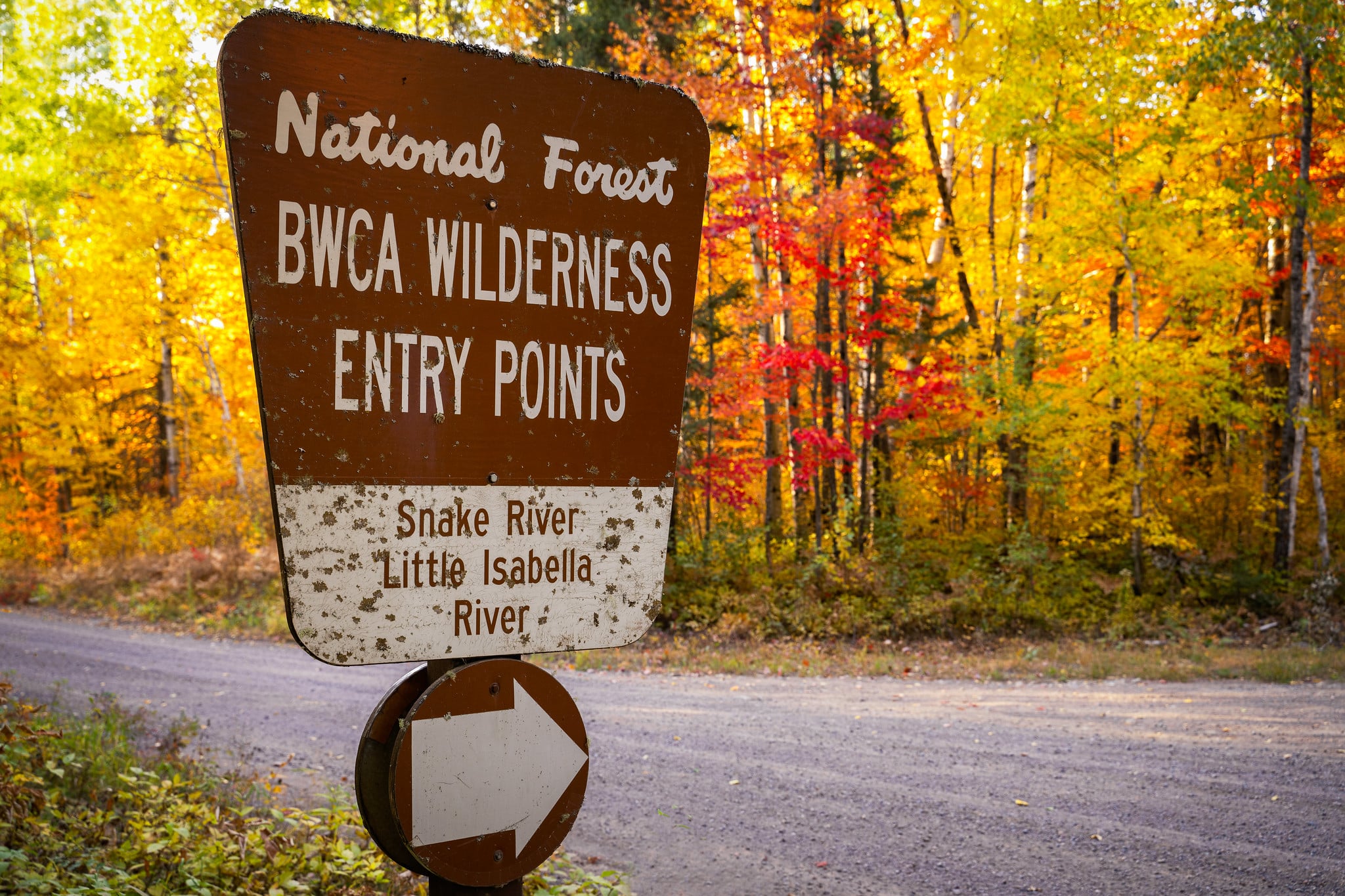
With Boundary Waters permits for the 2024 quota season going on sale Jan. 31, the current methods to reserve permits to enter the wilderness is not working well, according to some outfitters. Several have said they believe the Forest Service needs to change the system, and one resort owner and outfitter is proposing an alternative. After cuts to some entry point permit quotas in 2022, there are concerns about permit “hoarding” and other practices that are preventing many people from visiting the Boundary Waters, according to the Ely Echo.
“There’s a lot of issues with people booking multiple permits early in January, hanging on to their permits till the last minute, deciding which permit to use for their vacation, and then canceling so late no one else can use them,” Mark Olson, owner of Canoe Country Outfitters, told the Echo.
John Schiefelbein, owner of Pine Point Lodge, a resort and outfitter on White Iron Lake near Ely, is suggesting the Superior National Forest follow the example of other popular wilderness areas across the country. In his proposal, Schiefelbein recommends using a rolling reservation system rather than the current setup in which all permits are available to reserve on one day in late January.
The Boundary Waters had a lottery system in place for most permits until 2012, at which point it was switched to first-come, first-serve for most permits.
“Because of current technology and improvements to our reservation system, the lottery is no longer necessary,” then-supervisor of the Superior National Forest, Jim Sanders, said.
The agency continued using a lottery for five popular motorized permits available on Moose and Fall Lakes, before dropping the system entirely in 2019.
Range of options
Schiefelbein points out that few other popular wilderness areas around the country make all permits available at the same time. In a hypothetical four-month rolling system, permits for Memorial Day 2024 would be available January 27, but a trip starting on July 4 could be reserved beginning March 4.
A review of policies on official wilderness sites shows several unique systems currently in place:
- Sequoia and Kings Canyon National Parks Wilderness Permits – Permits available six months in advance of entry date, with a portion of permits available for walk-up only.
- Rocky Mountain National Park Wilderness – All permits available for reservation on March 1, quotas are based on specific campsites. Permits restrict visitors to specific campsites for specific days, and wilderness stays are limited to seven nights in summer, 14 nights in winter.
- Glacier National Park Wilderness – New this year, two separate lotteries allocate permits for groups up to eight people, and from eight to 12 people. Approximately 70 percent of permits are available to reserve, with remainder available first-come, first-serve throughout season.
- Yosemite – Sixty percent of wilderness permit reservations are available by lottery 24 weeks in advance of visit dates. Any reservations still available after each lottery available on first-come, first-served basis the Friday after the lottery application period closes, up to three days in advance. The remaining 40 percent of reservations are available seven days in advance.
- Olympic National Park Wilderness – All permits available for reservation on April 15. Individual camping areas have maximum group sizes.
“The permit system needs to change,” Schiefelbein said. “Nothing was being done so I did some research and proposed a system that would work much better.”
Risky business
The outfitter also says by making all permits available on a single day, the current system is vulnerable to technical issues and inequitable access. Most wilderness outfitters reserve their guests’ permits for them, but if an internet outage in the remote area were to occur on the first day of reservations, the businesses and their customers could lose out.
In 2019, a technical failure blamed on a private contractor resulted in a botched first day of reservations. Outfitters in the Ely area were hit particularly hard, and called for changes at that time. The reservation system did not re-open that year until a month later.
Superior National Forest officials seem supportive of the idea of a rolling reservation system in concept, but it’s a long way from becoming reality. A formal request would need to be submitted and the agency would review and open up for public comment. It could take one to two years before any decisions are made. A collaborative group being formed by the Forest Service to discuss BWCAW management issues could also take up the idea when it starts working this spring.
Permits for the 2024 quota season (May 1 to September 30) will be available to reserve on Wednesday, Jan. 31 at 9 a.m. CT on Recreation.gov or 1-877-444-6777.
More information:
- Frustration builds over BWCA permit system, outfitters suggest an alternative – Ely Echo
- Superior National Forest’s Boundary Waters Canoe Area Wilderness 2024 Permit

